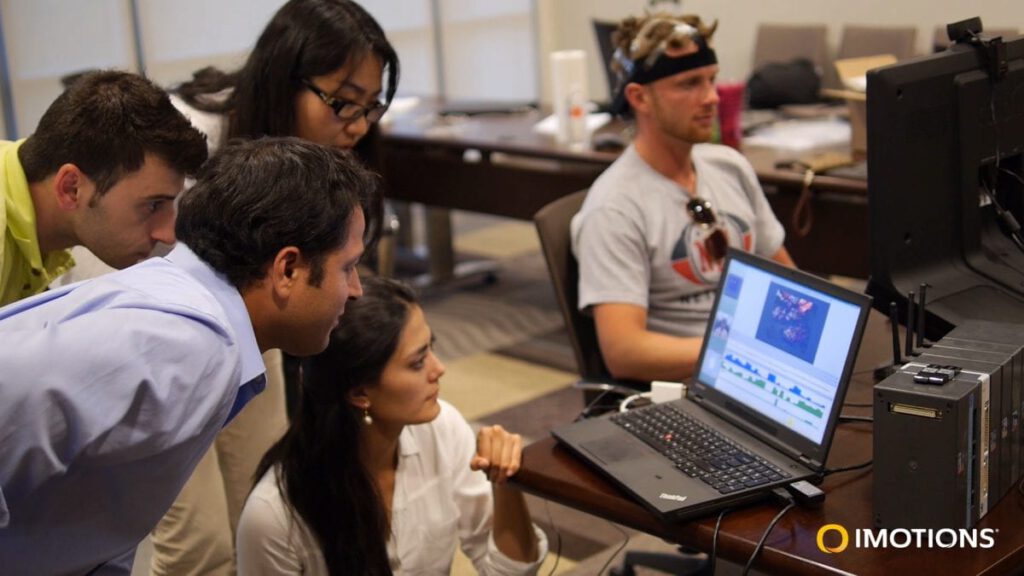
Unraveling the Mysteries of Rare Diseases: How AI is Revolutionizing Treatment
In the realm of medical research, a groundbreaking development has emerged in the form of artificial intelligence (AI) technology tailored to address the complexities of rare diseases. A recent study published in Nature Communications sheds light on the innovative approach taken by an international team of scientists to delve into the enigmatic world of minority diseases.
The study, spearheaded by the Barcelona Supercomputing Center, delves into the realm of myasthenic-congenital syndromes, a cluster of rare genetic disorders that manifest in muscle weakness and movement impairments. What sets these diseases apart is their scarcity of data, posing a formidable challenge to researchers aiming to unravel their underlying mechanisms.
Over a decade of meticulous research involving a cohort of patients from Bulgaria, the team harnessed the power of AI to navigate the intricate web of genetic variations and clinical manifestations present in these conditions. By leveraging multi-layer networks and cutting-edge supercomputing capabilities, the researchers embarked on a quest to decipher the genetic intricacies that dictate the severity and progression of these rare ailments.
One of the pivotal breakthroughs of this study lies in its ability to shed light on the genetic underpinnings behind the efficacy of certain treatments, such as salbutamol, in mitigating symptoms associated with these diseases. This newfound understanding paves the way for novel drug repositioning strategies, offering hope to individuals grappling with these elusive conditions.
The integration of AI methodologies and supercomputing prowess marks a paradigm shift in the landscape of rare disease research, heralding a new era of precision medicine tailored to the unique genetic profiles of patients. By bridging the gap between individual patient data and vast repositories of biomedical knowledge, this study exemplifies the transformative potential of AI in unraveling the mysteries of rare diseases.
Empowering Precision Medicine Through AI
Beyond the realm of rare diseases, the convergence of AI and supercomputing holds promise for the broader field of precision medicine. The ability to swiftly analyze vast troves of biomedical data enables researchers to unearth intricate patterns and correlations that elude traditional analytical approaches.
The advent of sophisticated AI algorithms, underpinned by multi-layer networks, empowers researchers to glean insights from complex datasets with unprecedented speed and accuracy. This transformative capability not only expedites the pace of scientific discovery but also opens new frontiers in personalized healthcare.
As we stand on the cusp of a new era defined by the fusion of AI and biomedical research, the possibilities for advancing patient care and treatment outcomes are limitless. By harnessing the computational might of supercomputing infrastructures, researchers are poised to unlock the secrets of rare diseases and usher in a future where precision medicine is not just a concept but a tangible reality.















